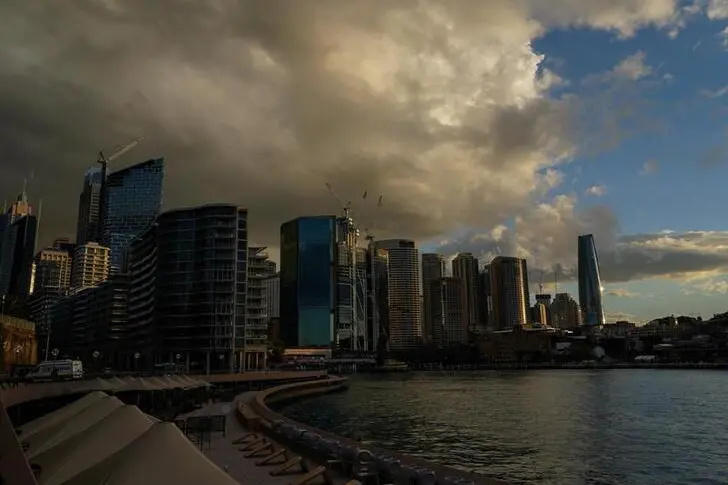PHOTO
(The author is a Reuters Breakingviews columnist. The opinions expressed are his own.)
MELBOURNE - Pepper Money is on a red-hot run. The Australian non-bank lender’s shares have jumped by a fifth over the past month despite tightening virus restrictions across the country. Those of A$2.4 billion ($1.7 billion) Latitude Financial Services, a peer also backed by private equity firm KKR, are up more than 5%. And yet neither is getting enough credit from investors.
It makes sense to be wary of lenders that don’t take deposits. They’re more at the mercy of capital markets, and those sources of funding tend to dry up when the economy sputters. Both companies have shown, however, that they can weather something as distressing as a pandemic.
State and federal support to companies and furloughed workers helps. An accommodative central bank does, too, just as it has for deposit-taking institutions like Commonwealth Bank of Australia and ANZ. It keeps problem loans to a minimum for all.
Latitude – formerly General Electric’s Australasian consumer finance business – and A$1.2 billion Pepper are also established enough to take advantage of what upswing in business there was when Covid-19 struck. Latitude, for example, benefited as housebound Melburnians, who have endured more than 200 days of strict lockdown, upgraded their home offices and dens around a year ago. Chief Executive Ahmed Fahour told investors this week there’s now a similar trend playing out in Sydney.
Moreover, when the 2020 wave passed, both companies thrived. Pepper disclosed on Tuesday that total new loans jumped 40% in the six months to the end of June compared with the same period last year, helping push cash profit up 57%. Boss Mario Rehayem reckons the full-year profit should exceed the A$120 million ($86 million) he guided to during its May initial public offering. Latitude’s bottom line, meanwhile, shot up 81%.
Despite the impressive performances, shares of both companies are trading below their initial public offering prices from earlier this year and fetch valuations of just 10 times or so this calendar year’s expected earnings. That’s a long way from Commonwealth Bank’s 18 times multiple. Some discount is warranted, but more credit is due.
CONTEXT NEWS
- Australian non-bank lender Pepper Financial on Aug. 24 reported pro-forma net profit after tax of A$66 million for the first six months of the year, a 57% increase over the same period in 2020. The company expects its annual pro form net profit to exceed the A$120 million it projected in its IPO prospectus, assuming New South Wales and Victoria, the country’s two most populous states, emerge from coronavirus lockdown by the end of the year.
- Rival Latitude on Aug. 23 reported cash net profit after tax for the first half of the year of A$121 million, 81% higher than the same period in 2020.
- Both companies are backed by private equity firm KKR and had their initial public offerings in 2021.
(The author is a Reuters Breakingviews columnist. The opinions expressed are his own.)
(Editing by Jeffrey Goldfarb and Katrina Hamlin) ((For previous columns by the author, Reuters customers can click on CURRIE/ SIGN UP FOR BREAKINGVIEWS EMAIL ALERTS http://bit.ly/BVsubscribe | antony.currie@thomsonreuters.com; Reuters Messaging: antony.currie.thomsonreuters.com@reuters.net))





















